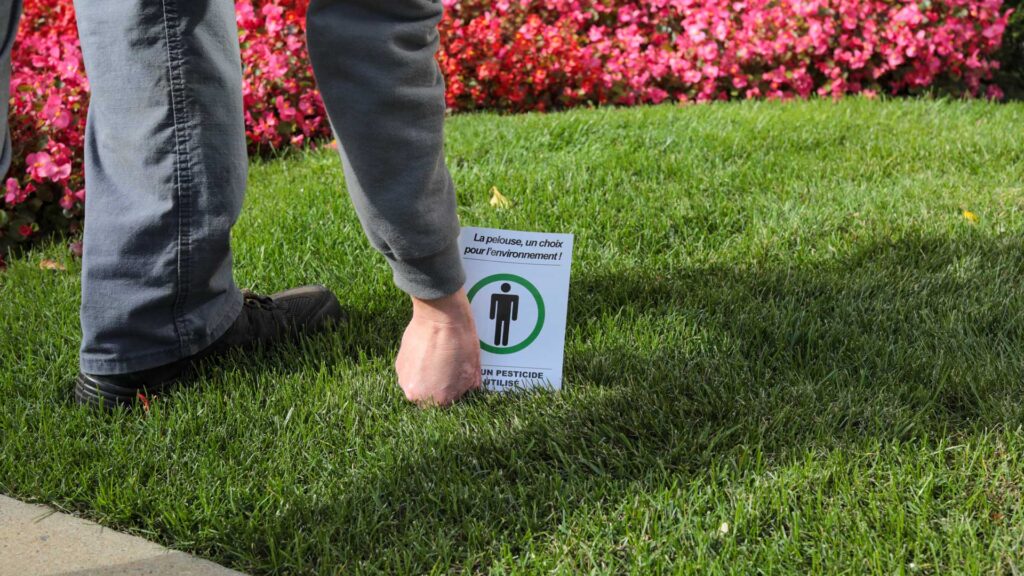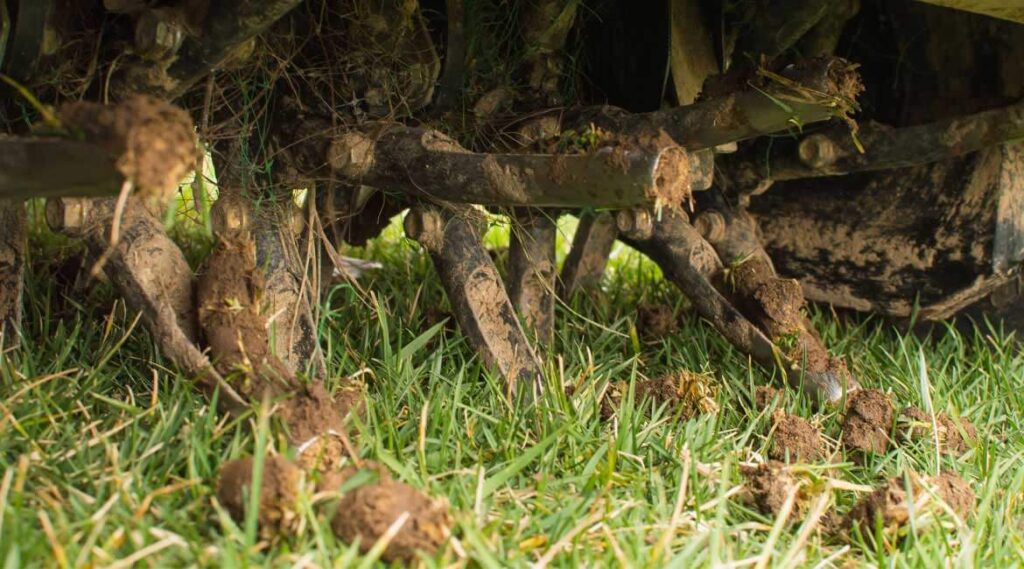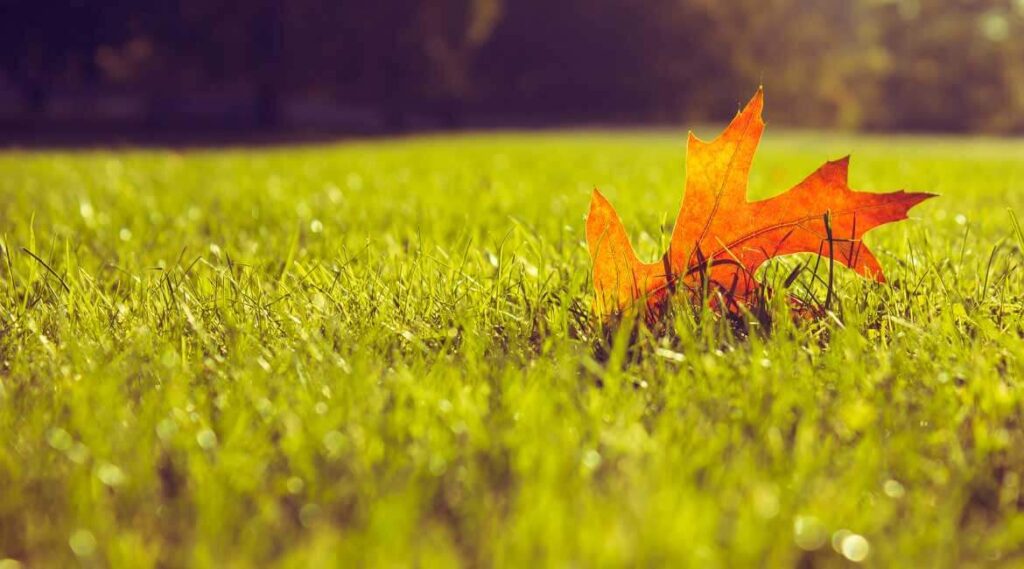Your Nutrite Expert is there to give the best care to your lawn so that it is strong and healthy and resists insects, diseases, invasive weeds and bad weather. When it comes to the daily maintenance of your lawn, certain actions are your responsibility and it is up to you to ensure that the work done by your Expert is the most effective. To be a good ally, there are certain things you must do after and between your Expert’s visits to maximize the results of your lawn care package.
Follow the instructions!
During his visit, your Expert will leave you – or email you – a small list of recommendations to follow in order to improve your lawn or the impact of his work. For example, he may ask you to water your lawn after applying a control product that needs to get down to the roots. After the technician’s visit, it is your responsibility to follow his recommendations to ensure optimal impact after the service has been completed.
When can you walk on your lawn again?
When a pest control product (such as white grubs, chinch bugs or weed control) is applied to your lawn, a yellow or red sign is placed on the lawn indicating what treatment has been done and when it will be possible to walk on your lawn again. Normally, a 24 hour walk-free period is recommended. It is important to leave the sign in place for the entire duration to prevent others from unknowingly trampling your lawn. If your lawn has only been fertilized and has a green sign on it, you can walk and play on your lawn without delay.
Be a good ally
In general, for your Nutrite Expert’s treatments to be effective, you must maintain your lawn with care, including:
- Increase the mowing height
Whether you or a company handles your lawn mowing, make sure the mower blades are sharp and raised at least 8 cm off the ground. If you have one action to take on your lawn, it’s this. A tall lawn develops a deep root system and can store maximum energy to defend itself, especially from the heat and a lack of water. - Repairing damaged areas of grass
If an area of your lawn is damaged, sparse or even dead, the patch should be repaired right away. Bare soil allows the highly volatile weed seeds to come into contact with the soil, germinate and spread easily. The same is true for insect eggs, which must touch the soil in order to grow. A dense lawn is a very effective defense because the path to the soil is more difficult. - Avoiding drought
Your lawn needs 2.5 cm of water per week to be healthy. If there is not enough rainfall, you must water it. Ideally, water it early in the morning so the grass has time to dry out before nightfall, which will avoid fungal disease development, and opt for deeper, longer, less frequent irrigation. Avoid shallow watering and do not water in direct sunlight, as the water will evaporate very quickly, which would be a waste. During a heat wave, your municipality may severely restrict water use and your lawn may go dormant. It will then turn yellow and dry like straw. If it is healthy, don’t worry, it will return to its beautiful green as soon as the rain returns and the temperatures are milder. - Paying attention to changes in the lawn
If the appearance of your lawn is changing rapidly, yellow patches are appearing or small animals are foraging for food, don’t let the situation get out of hand. Contact your Nutrite Expert immediately so that he can make the right diagnosis and suggest solutions quickly.
Effective lawn care is a team effort. Your good care and observation combined with the expertise of the Nutrite Experts Network is the ideal solution for a durable and healthy lawn. For more tips on lawn care, read our tips section.




